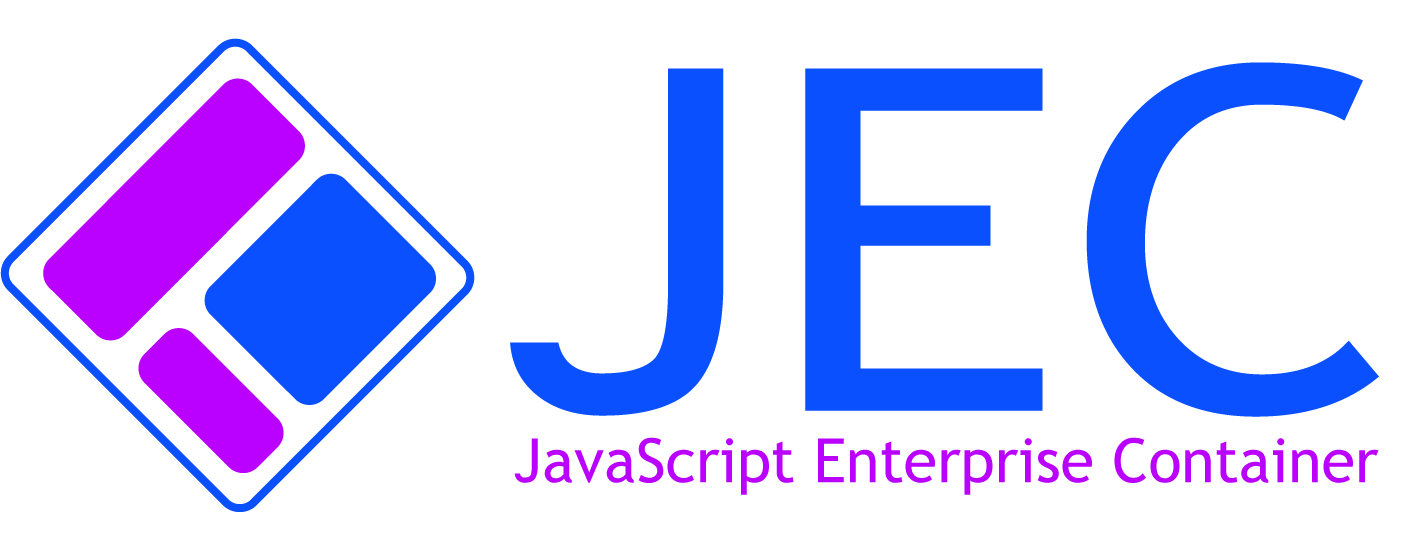JEC Tiger Project
Tiger is the standard implementation of the JavaScript Unit Testing API (JUTA) specification. It provides the portability of unit tests for TypeScript applications.
JUTA allows developers to write portable unit tests, independently from the unit testing framework they use. Test suites are written in TypeScript and are based on the same kind of annotations than Junit.
The Tiger framework will run JUTA test suites over the Mocha framework.
Requirements
JEC Tiger needs the following system parameters in order to work correctly:
- Node 6+
- npm 3+
- TypeScript 2+
Installation
Set up the JEC Tiger and the Mocha modules with:
$ npm install jec-tiger --save-dev$ npm install mocha --save-devTiger Framework Initialization
You have to configure the Tiger framework with a basic script file (e.g. test-config.ts)
in order to run JUTA unit tests:
;; const factory:TigerFactory = ;const tiger:Tiger = factory;tiger;By default, test classes are located in the test folder, at the root of your project.
You can use the Tiger API to set the location of the test folder:
const testFolder:string = "my-test-folder";const tiger:Tiger = factory;tiger;To call the configuration file with the mocha command, add the following
snippet to your package.json file:
..."scripts": ...Now, unit tests can be run by using the standard npm command:
$ npm testUsing JUTA Decorators
All JUTA decorators have to be imported with the ES6 syntax:
; @ @ public :void // Test here... For a complete list of available decorators, please refer to the JUTA project.
Running Tests
To execute all unit tests, use:
$ grunt testAPI Reference
The API Reference documentation is not included into the JEC Tiger node module. To build the API reference documentation, use:
$ grunt docDocumentation will be generated in the docs/api-reference repository.
The online version of the API reference documentation will be available soon at the JEC Website.
The documentation generator is TypeDoc
Update Release Notes
Current stable release: 1.2.2
For a complete listing of release notes for all JEC Tiger update releases, see the CHANGELOG file.
License
This JEC Tiger Project is licensed under Apache 2.0. Full license text is available in LICENSE.
Copyright 2016-2018 Pascal ECHEMANN.
Licensed under the Apache License, Version 2.0 (the "License");
you may not use this file except in compliance with the License.
You may obtain a copy of the License at
http://www.apache.org/licenses/LICENSE-2.0
Unless required by applicable law or agreed to in writing, software
distributed under the License is distributed on an "AS IS" BASIS,
WITHOUT WARRANTIES OR CONDITIONS OF ANY KIND, either express or implied.
See the License for the specific language governing permissions and
limitations under the License.



